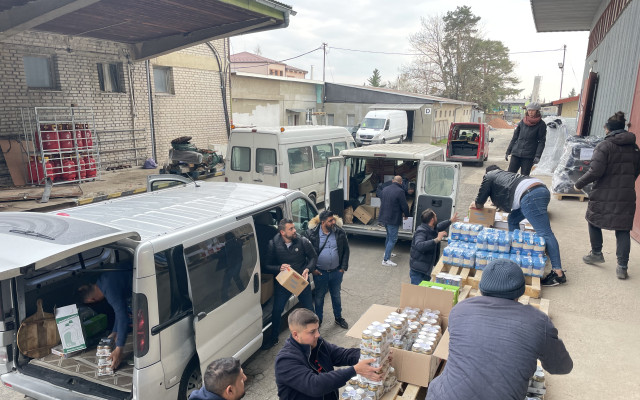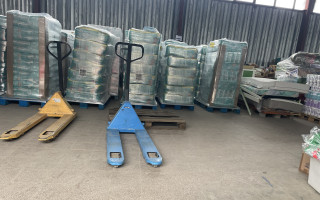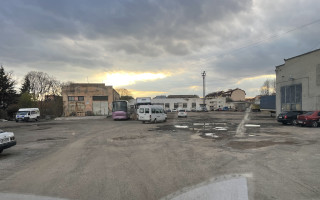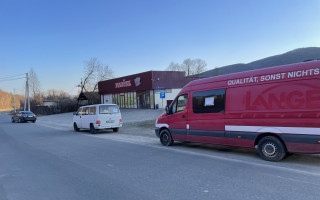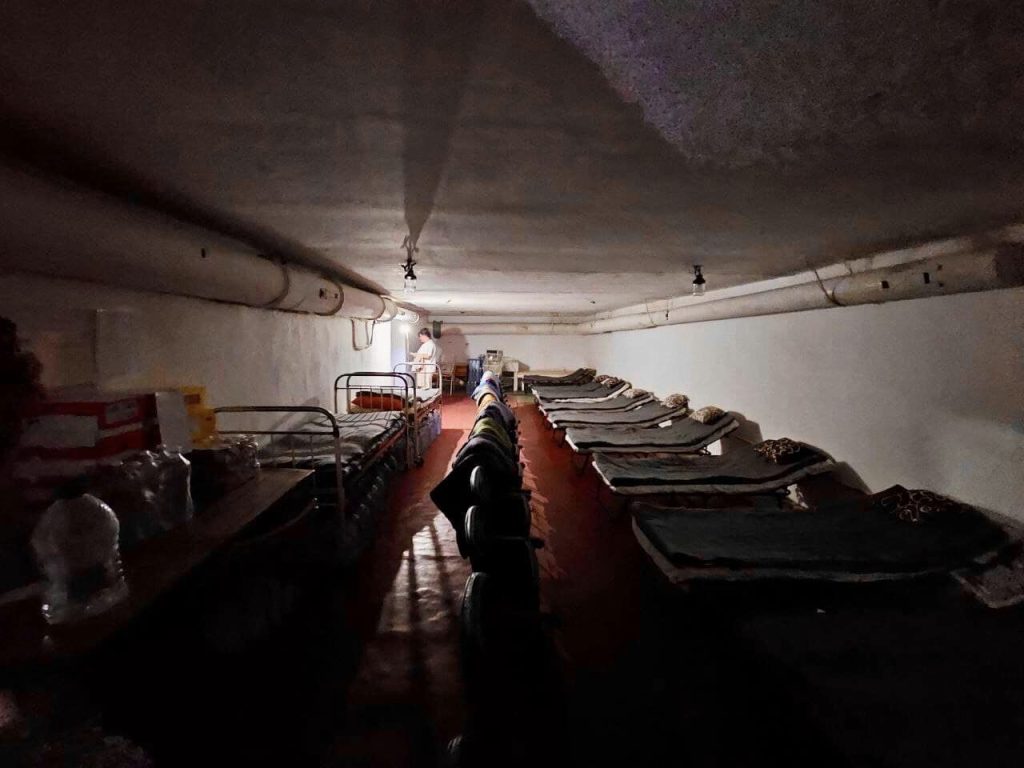Matouš Bláha - founder of the Koridor UA
The Koridor UA connects several non-profit organizations who provide aid directly in Ukraine. It was started by Matouš Bláha, who, in response to the emerging war in Ukraine connected these organizations with individual volunteers and created an international volunteer team that has been running warehouses, trans-shipment and transport ever since.
Together alongside other organisations we organize warehousing, transportation and distribution of humanitarian aid from the Slovak border (Sobrance) directly to Ukraine. By working with trusted individuals, we eliminate the risk of widespread trafficking of humanitarian aid.
Thanks to our language skills and readiness to respond immediately to new humanitarian crises, despite the extreme complexity of the situation and the high security risk, we are able to bring aid to places where there is no official access.
To the people affected by the war in central Ukraine
We are helping all the people who were caught unprepared by the war and did not have time or simply did not want to leave their homes. Our aid is fully dependent on the solidarity of Europeans. We draw all our material and financial resources from Europe.
We do not overlook the most vulnerable groups of the population. We help children without parents, disabled people and the elderly.
We have even helped to evacuate complete social facilities or support their operation directly in Ukraine.
Our work focuses exclusively on Ukraine’s eastern and southern cities that are under siege.
Zaporichi, Mykolaiv, Odesa, Kharkov, Kiev, Cherkasy, Bucha
Evacuated orphanages and health centres in the Zakarpattia oblast, Ukraine (Mariuopol, Kherson, Donetsk, Luhansk)
Fuel is the primary expense that allows us to operate in these locations.
The money from the fundraiser will be used for fuel which is the main expense of our fleet. We spend €15,000 – €45,000 per month for a fleet of 10 cars.
To increase flexibility we use vans, but also lorries (40t) and trucks with the capacity up to 12t. To ensure the continuity of humanitarian aid delivery, the greatest need is to have its own sources of funding for transport.

